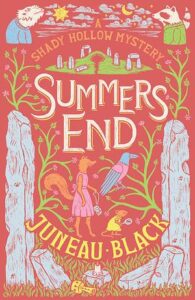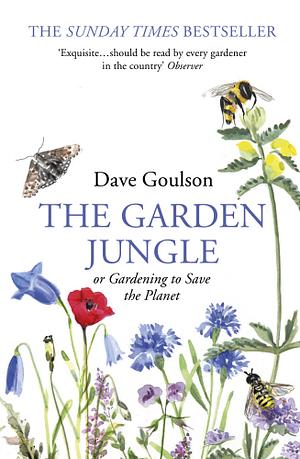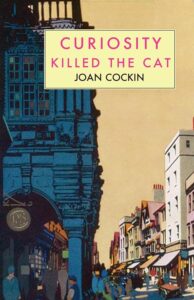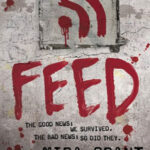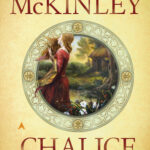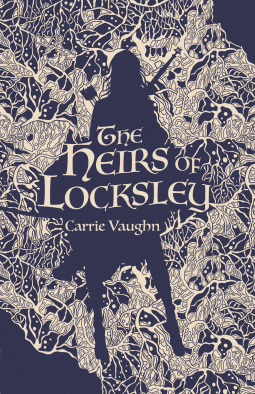
Out of the Depths: A History of Shipwrecks
by Alan G. Jamieson
Genres: History, Non-fictionPages: 320
Rating:

Synopsis:Out of the Depths explores all aspects of shipwrecks across four thousand years, examining their historical context and significance, showing how shipwrecks can be time capsules, and shedding new light on long-departed societies and civilizations. Alan G. Jamieson not only informs readers of the technological developments over the last sixty years that have made the true appreciation of shipwrecks possible, but he also covers shipwrecks in culture and maritime archaeology, their appeal to treasure hunters, and their environmental impacts. Although shipwrecks have become less common in recent decades, their implications have become more wide-ranging: since the 1960s, foundering supertankers have caused massive environmental disasters, and in 2021, the blocking of the Suez Canal by the giant container ship Ever Given had a serious effect on global trade.
A highly illustrated voyage through shipwrecks ancient and contemporary.
There are parts of Alan G. Jamieson’s Out of the Depths which are fascinating, particularly in the last few chapters where he begins to talk in a bit more detail about excavation and ownership of wrecks. It does feel like the first chunk of the book — and the majority of it — is a long list with some scant details about as many wrecks as he could think of. There are some interesting examples, but it can get samey.
It did get more interesting as he got onto more modern wrecks, where we know more about the causes and the human factors, and can say more about survivors, who might be at fault, etc. At least, that’s how I feel, of course: if what fascinates you are the ships themselves, then this might be right up your alley. It’s hard to judge.
It felt a bit uneven, ultimately, and it wasn’t helped by the fact that it isn’t one of my particular interests. (I’m fascinated by underwater archaeology, but less fascinated by how things got underwater, I suppose.) But I can imagine it being a fascinating read and a good resource.
Rating: 3/5




